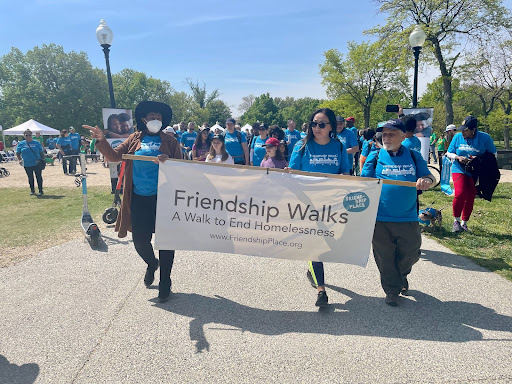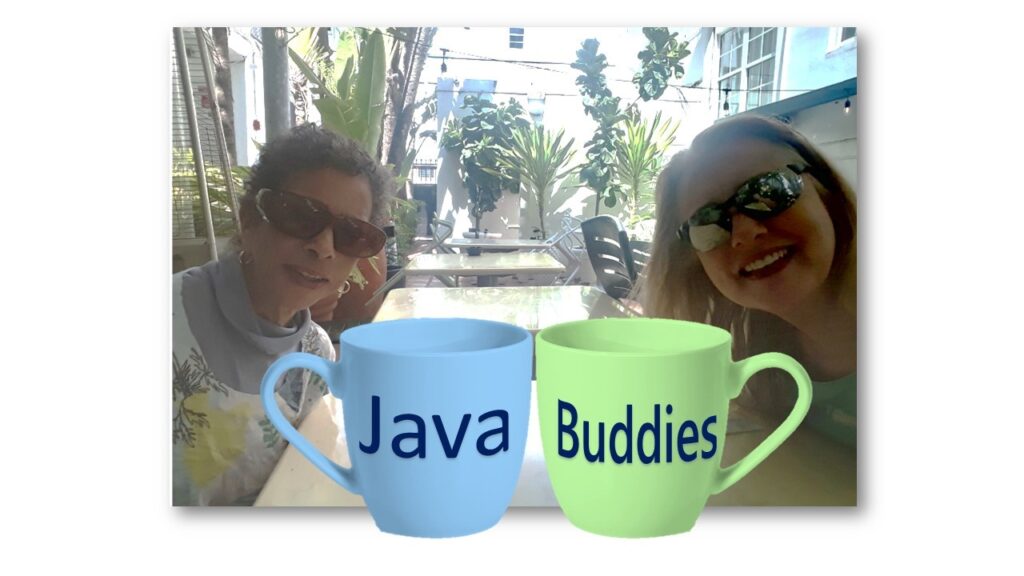Friendship Place, a local housing and homeless services provider, brought back its annual walk to end homelessness on the National Mall April 30.
About 200 people attended the Friendship Walk to End Homelessness raising over $100,000 for the nonprofit. Jean-Michel Giraud, the president and CEO of the organization, said Friendship Place serves over 3,400 people in the District through street outreach, job placement, medical and psychiatric care and housing. The organization also has specialty programs for youth and veterans.
Giraud said he was excited to bring the community back together for the in-person walk since the pandemic began.
“One of the goals of the events is to reach out to every part of our community and to new groups,” Giraud told Street Sense Media. “It’s a special moment.”

The walk kicked off with music and stretching in Constitution Gardens on the National Mall. Participants looped around the World War II Memorial, cut in front of the Lincoln Memorial, then returned to the gardens for more music and mingling after walking about a mile.
The event was moderated by EZ Street, a local District DJ. He’s been working with Friendship Place for about a decade, he said. He also opened up to the crowd about how his father experienced homelessness.
“I got involved in the effort so we could be able to end homelessness in Washington, D.C.,” he told the crowd.

At-large Councilmember Elissa Silverman, the chair of the Committee on Labor and Workforce Development, spoke at the event and highlighted the need for an “employment first” model in addition to a “housing first” model in the District. Many cities across the nation have adopted the housing first approach, providing unconditional permanent supportive housing to individuals experiencing homelessness. Similarly, the employment first model connects people who don’t need training with jobs quickly.
Friendship Place is an example of an organization that employs both models through its housing and job placement programs, Silverman said.
“I especially want to thank the staff at Friendship Place. You guys don’t get enough credit. You do amazing work,” Silverman told the crowd. “You change people’s lives.”

Alan Banks, a community engagement associate at Friendship Place, shared his own experiences with homelessness at the event. He connected with Friendship Place in 2010 and their support team quickly placed him into an apartment. He said the provider not only helped him get into housing, but also helped him rebuild his life and reconnect with his children.
“You see our tag line, it says ‘Friendship Place: ending homelessness, rebuilding lives.’ The ending homelessness is the first part, and maybe the easiest part,” Banks said. “The second part is the hardest. The rebuilding of the life … you have to relearn how to live the life of someone who is housed because when you’re in the street, you go into survival mode.”








